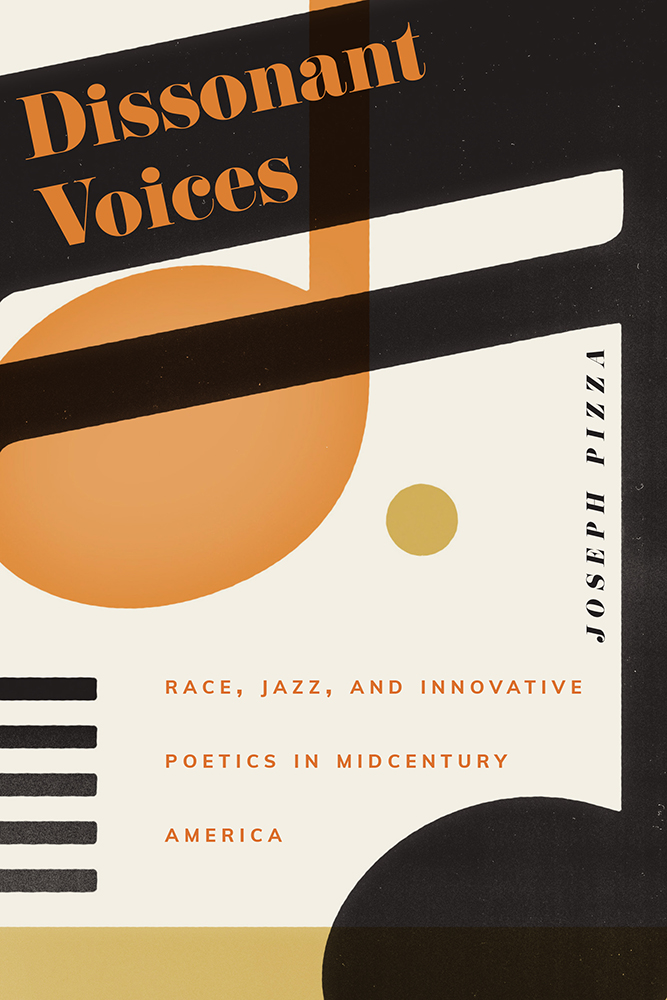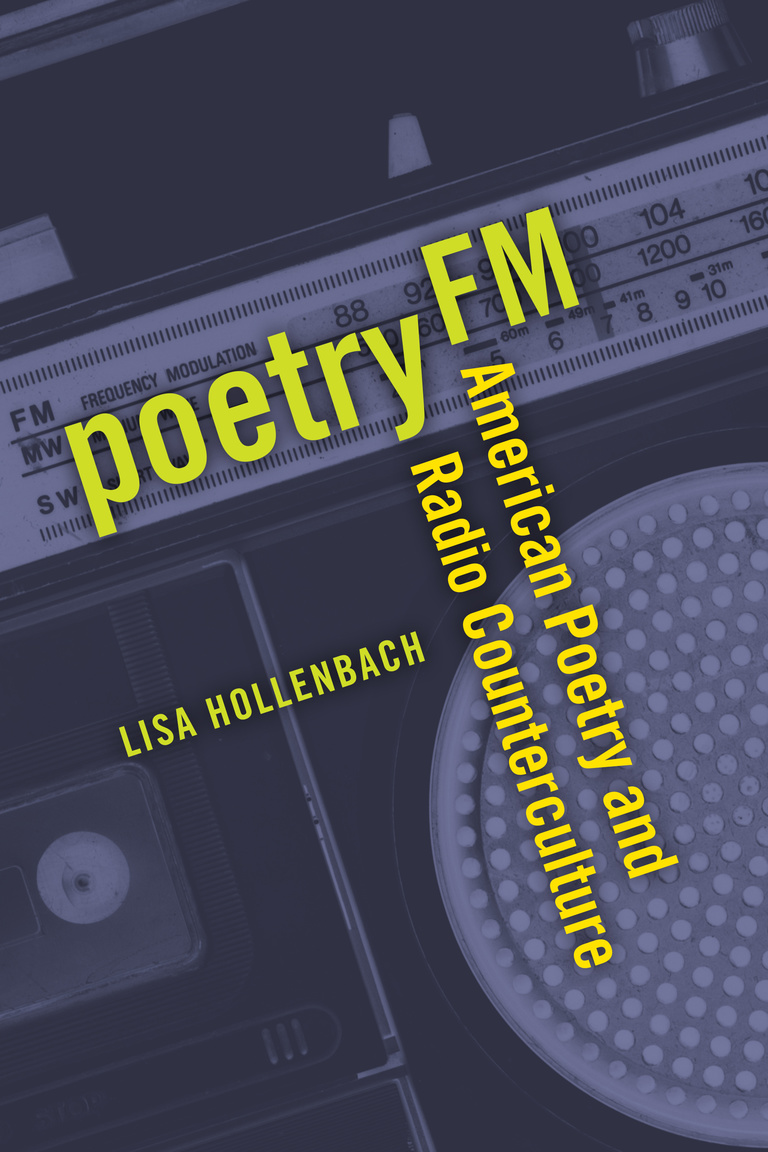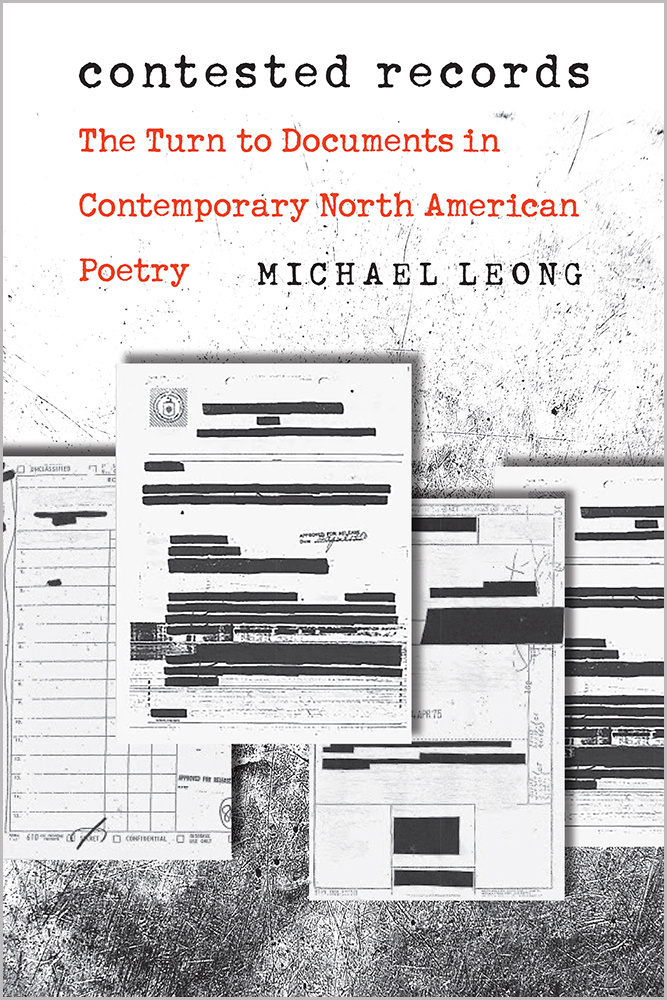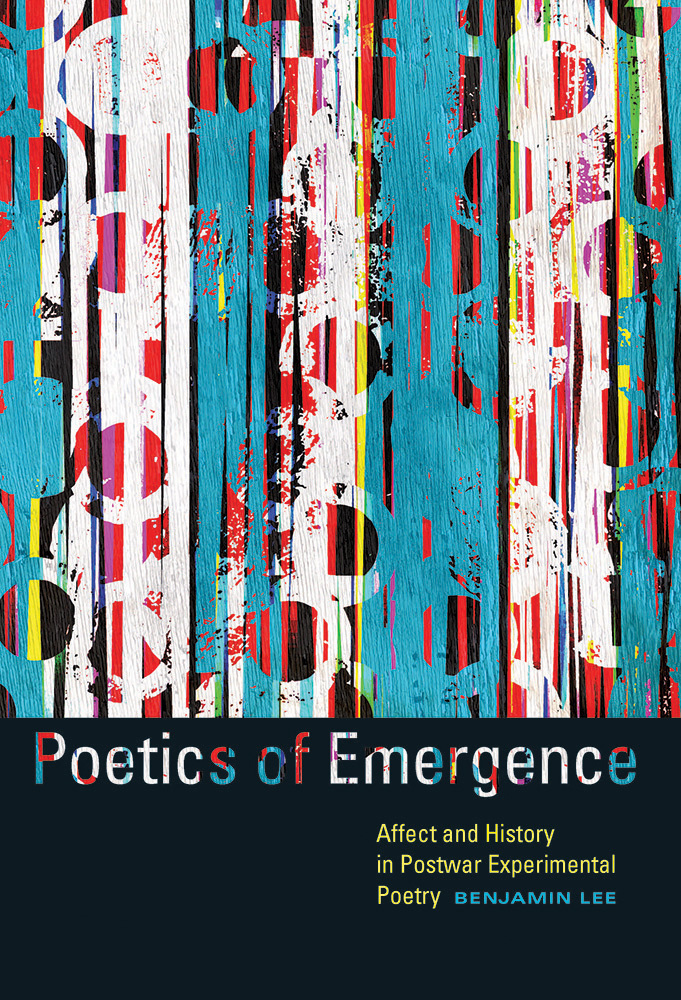Dissonant Voices uncovers the interracial collaboration at the heart of the postwar avant-garde. While previous studies have explored the writings of individual authors and groups, this work is among the first to trace the cross-cultural debate that inspired and energized midcentury literature in America and beyond. By reading a range of poets in the full context of the friendships and romantic relationships that animated their writing, this study offers new perspectives on key textual moments in the foundation and development of postmodern literature in the U.S. Ultimately, these readings aim to integrate our understanding of New American Poetry, the Black Arts Movement, and the various contemporary approaches to poetry and poetics that have been inspired by their examples.
“Dissonant Voices takes on a fascinating, understudied topic: the role played by jazz and interracial dialogue in the formation of postwar New American Poetry. Pizza’s exciting book breaks new ground and opens fertile territory for the study of both American poetry and the deep influence of jazz on American literature and culture.”—Andrew Epstein, author, The Cambridge Introduction to American Poetry since 1945
“Back in my student days, I read the minutes of a Black Mountain College meeting that discussed admitting African American students in a state that was segregated by law. I recognized the importance of that set of minutes, and have been awaiting the arrival of a scholar who would look into this history more closely. Joseph Pizza is the first to do this so thoroughly.”—Aldon L. Nielsen, author, The Inside Songs of
Amiri Baraka
“Dissonant Voices highlights the Black Arts movement, including Amiri Baraka, Jayne Cortez (and performance poetry), Sonia Sanchez, Robert Creeley, Jack Spicer, John Wieners, Lorenzo Thomas, Bob Kaufman, Allen Ginsberg, and Diane di Prima. . . . it includes a rich bibliography and pays attention to other practitioners of critical theory, particularly involved with current awareness of 'textual voice.' Valuable for those interested in postmodern US poetry, African American literature, and gender studies.”—Choice



